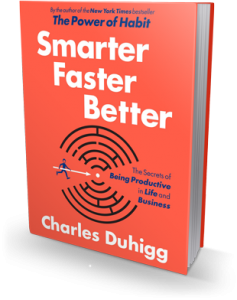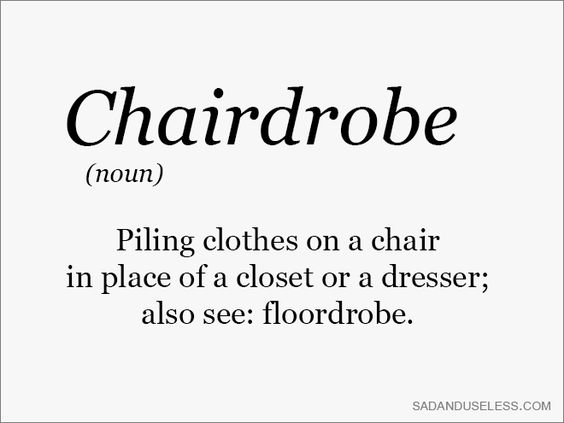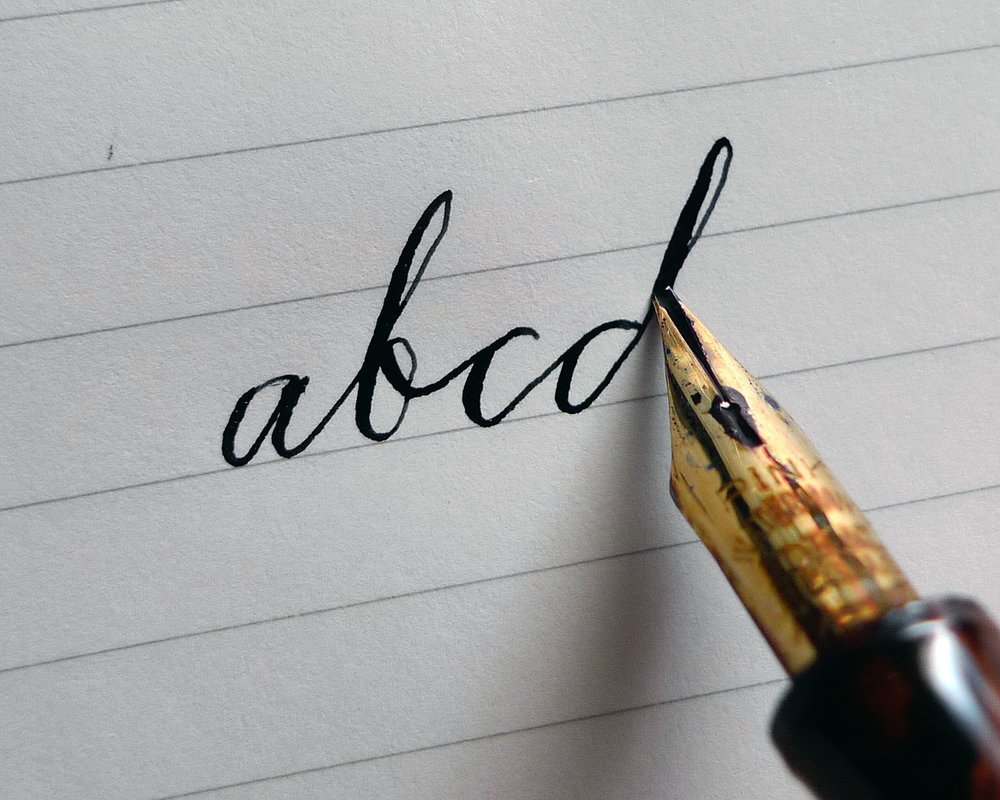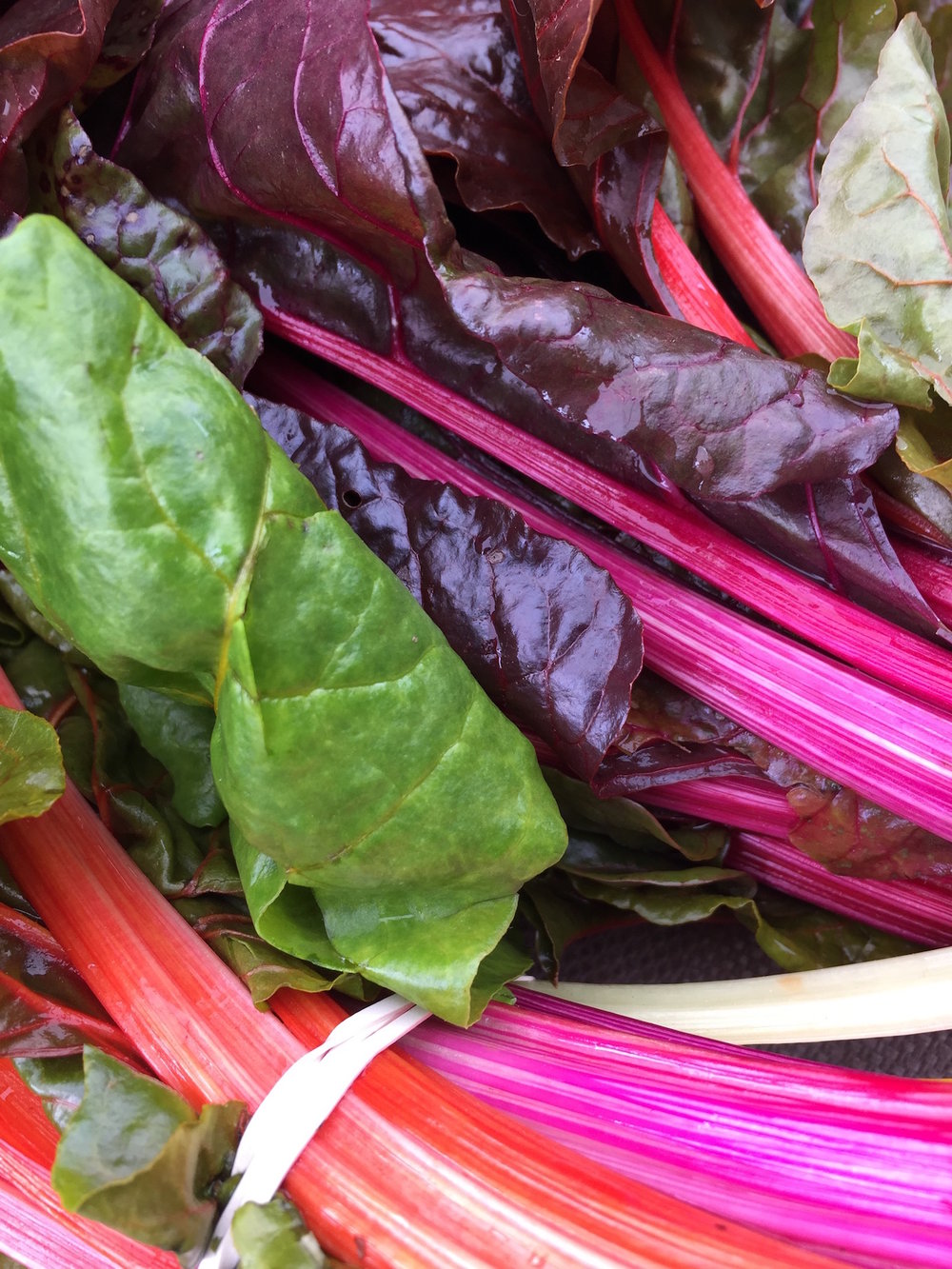
The latest installment (v12) of the “What’s Interesting?” feature has my newest discoveries that inform, educate, and relate to organizing and life balance. I’ve included unique and inspiring possibility-thinking-related finds reflecting this month’s blog theme.
You’re a wonderfully engaged group. I look forward to your participation and additions to the collection I’ve sourced for you. What do you find interesting?
What’s Interesting? . . .
1. Interesting Read – Productivity Possibilities

How does productivity work? Why are some people and companies more productive than others? Why do some imagine and actualize possibilities while others struggle? Charles Duhigg, a Pulitzer Prize-winning author, explores these questions in his latest book, Smarter Faster Better – The Secrets of Being Productive in Life and Business.
The book is “about how to recognize the choices that fuel true productivity” and “…how to succeed with less effort.” He explores eight concepts, including motivation, goal setting, and decision making, that emerged from studying experiences of highly productive people and the latest research in neuroscience, psychology, and behavioral economics.
Dughigg says, “…productivity is about making certain choices in certain ways. The way we choose to see ourselves and frame daily decisions; the stories we tell ourselves, and the easy goals we ignore; the sense of community we build among teammates; the creative cultures we establish as leaders: These are the things that separate the merely busy from the genuinely productive.”
2. Interesting Perspective - Organized Possibilities

While many believe there is a “right” way or just “one” way to be organized, let’s dispel that myth. It’s just not true. We are different. We have diverse needs and preferences.
For organizing strategies to be effective and useful, they have to reflect our uniqueness. So, while I might prefer to have my clothes hanging in my closet, facing the same direction on matching hangers, by clothing type and in color order, you might prefer piling your clothes on the big, comfy chair in the corner of your bedroom. And you know what? If “chairdrobe” works for you, go for it! Being organized looks and feels different to each of us. What possibilities can you imagine when you take ‘should’ out of the organizing equation?
3. Interesting Research - Feel Good Possibilities

Have you noticed that in the digital age, we tend to use our fingers or voices to type, text, and communicate? We write by hand, much less. While there’s speed and efficiency when using our digital devices, we might miss out on a few things.
Research suggests that writing by hand helps the brain remember more and can make you feel good, too. Neuroscientist and author Kelly Lambert, Ph.D., says, “The brain’s reward center is connected to one of the movement centers…so one way to activate pleasure is through physical effort.” Next time you need a boost, pick up a pen and activate the possibilities.
4. Interesting Product – Time Possibilities
A favorite product I’ve featured many times is the Time Timer®, a simple time management tool designed to display time elapsing with the movement of a red disk on the timer’s face.
The company just developed a new accessory, a dry-erase board that integrates beautifully with the timer to highlight time-sensitive messages and appointments. This wonderful combo enhances the possibilities for managing our time more effectively.
5. Interesting Thought - Unleashing Possibilities
Are you having challenges moving forward, pursuing a new idea, or accomplishing a goal? Have you considered the power of your thoughts? What messages are you telling yourself? Are your thoughts enhancing or hindering your possibilities?
As the graphic here asks, “What’s stopping you?” Focus on positive thoughts and unleash amazing possibilities.
I’d love to hear your thoughts. What are your interesting finds? Which possibilities resonate with you? You matter. I invite you to join the conversation!












